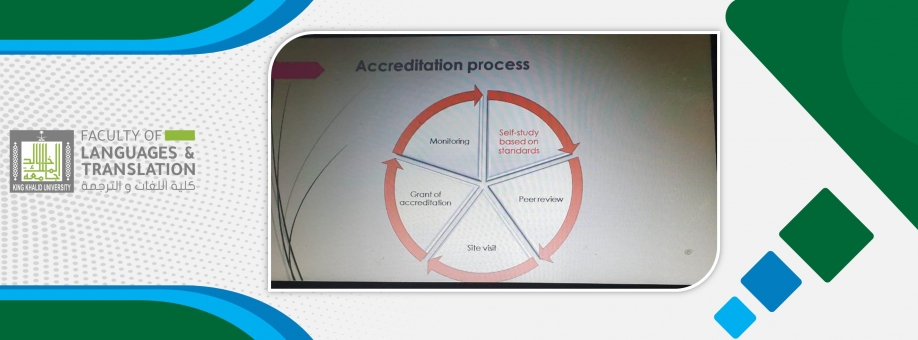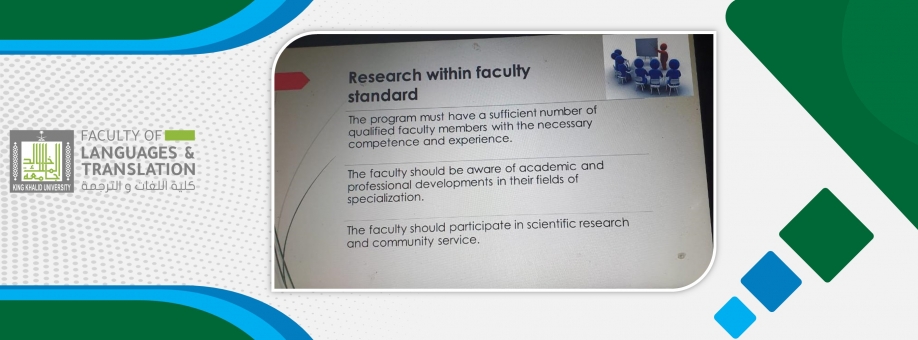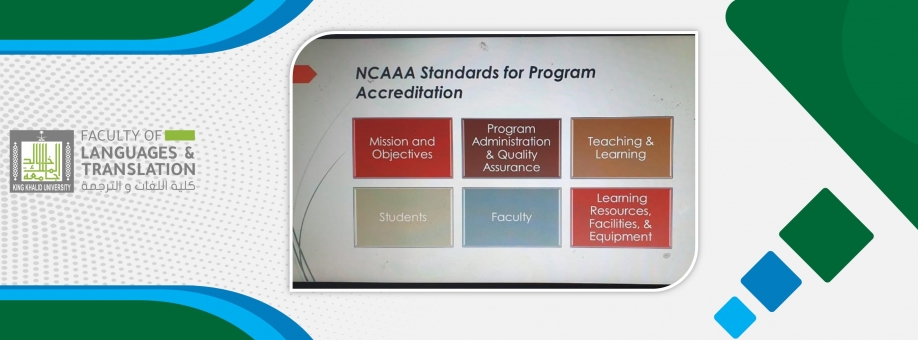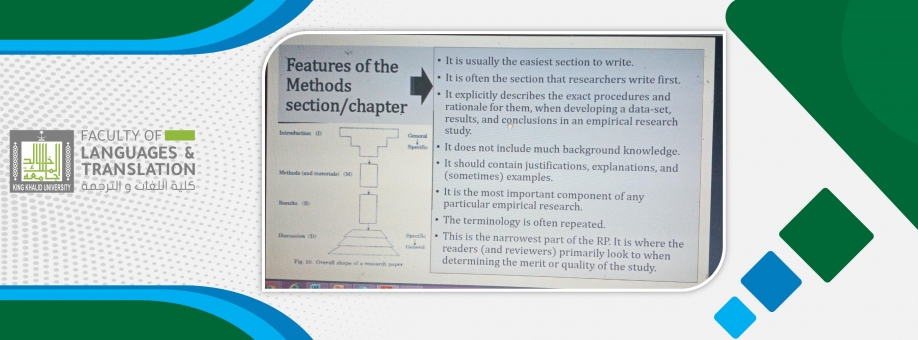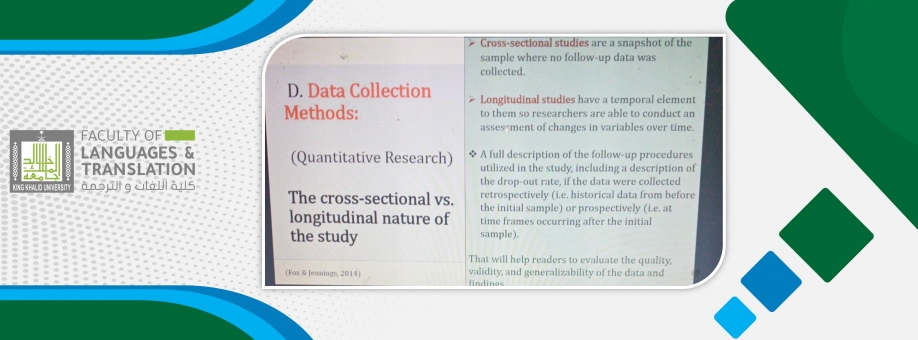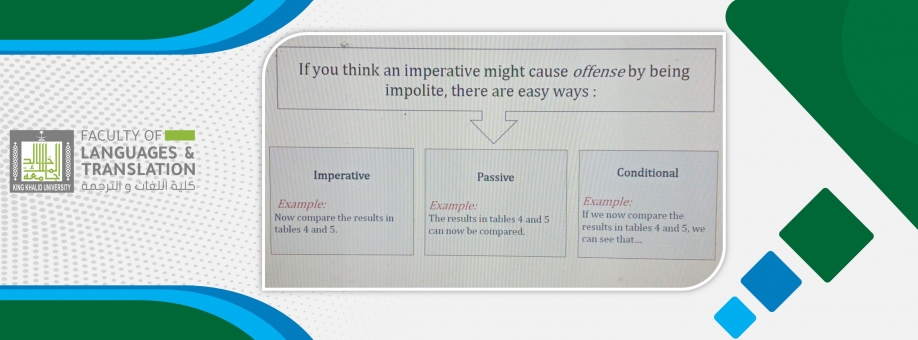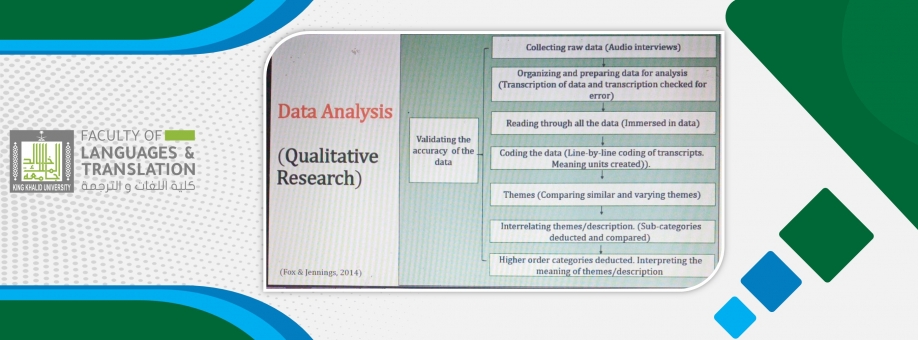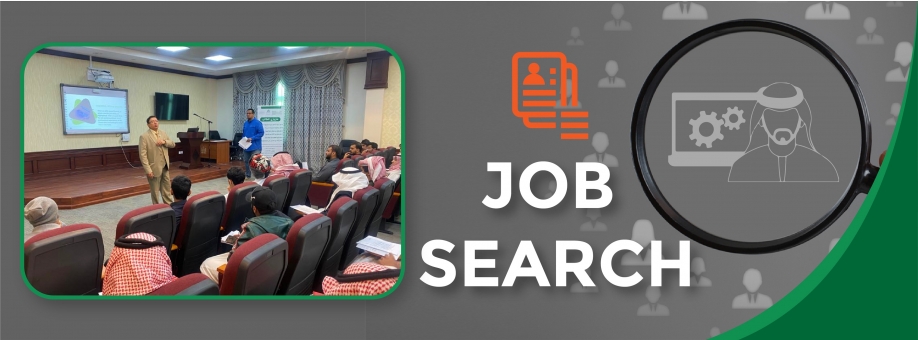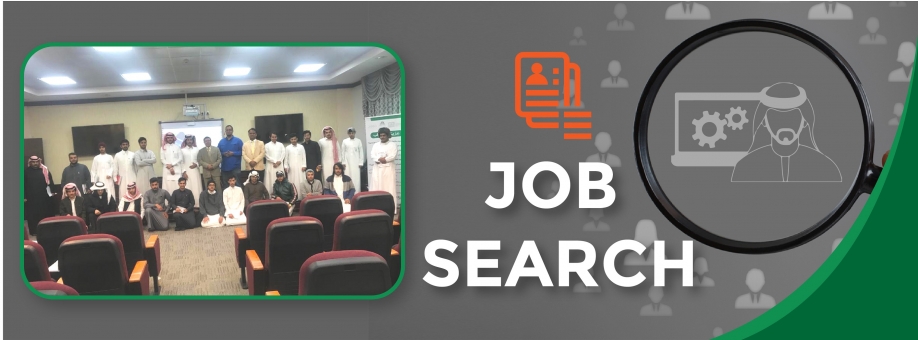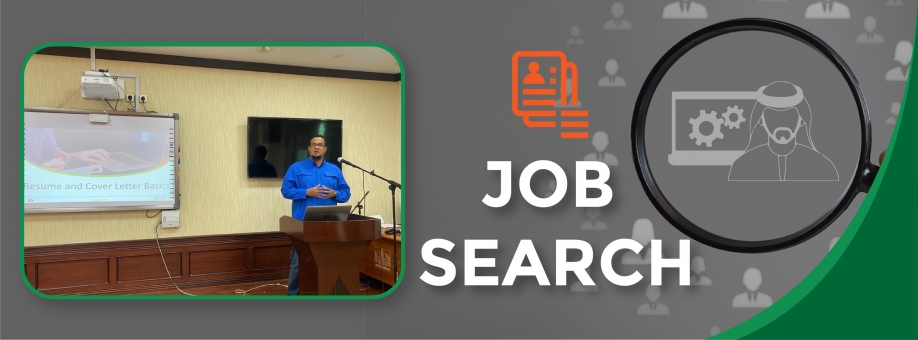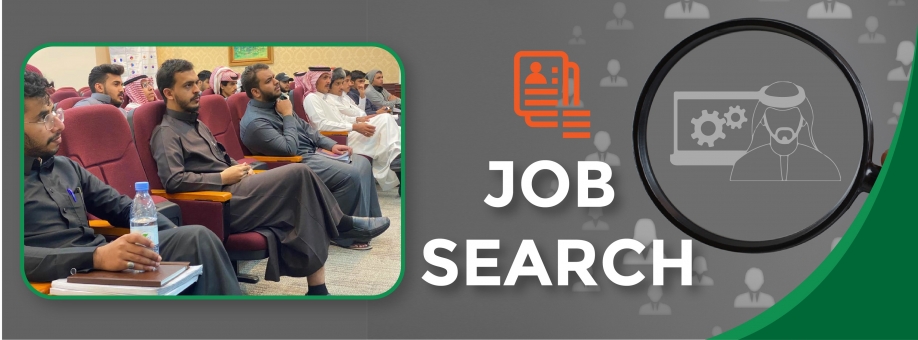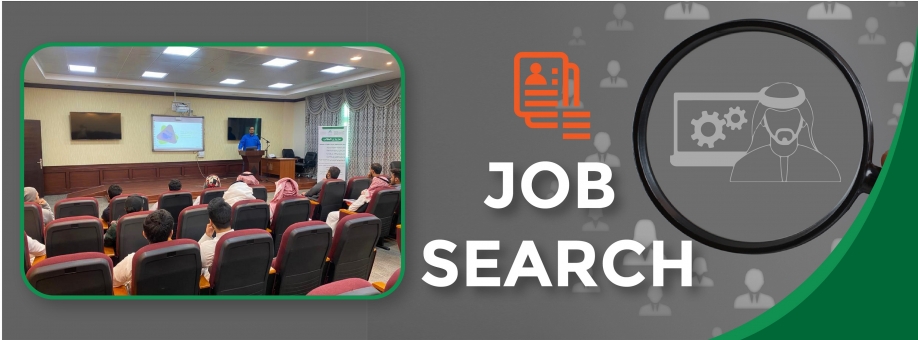Keep Teaching: FLT E-Learning Supervisor Delivers University-Wide Webinar on Blackboard
On March 10, 2020, E-Learning Unit Supervisor, Mohsin Khan, delivered a university-wide workshop titled 'Transformation to Full E-Learning'. The workshop, under the supervision of the Deanship of E-Learning's Training Manager, Mohammed Jarallah, was developed to ensure faculty members, whether they are seasoned experts or first-time users, understand the essentials of posting documents, assignments, quizzes, tests, videos, and discussion boards. Perhaps the most important part of the webinar, which was attended by nearly 200 faculty members, was the in-depth review of the specific features and functionality of Blackboard Collaborate and Blackboard Ultra.
With the evolving public health situation presented by the Coronavirus (COVID-19), proper precautions were put in place for our teachers at King Khalid University to increase their online teaching presence. "A huge part of your success will be leveraging the technology we have made available to you. Blackboard Collaborate is a synchronous video conferencing tool that you can add files to and share your screen. I recommend that you use the virtual whiteboard to interact," said Mr. Khan. He also looked at both the 'Collaborate: Ultra Experience' and the 'Collaborate: Original Experience'. The main difference between the options – which are both offered – is that 'Ultra' is an entirely web-based interface while 'Original' requires that Java be installed.
As course content, course design, and instructor readiness are essential to implementing the best practices of online pedagogy, Mr. Khan also introduced participants to the eight standards of Quality Matters, which will ensure faculty members achieve the university's goals for delivering quality online learning. This set the foundation for the suggested online classroom model, which places focus on not just the platform, but also interactivity.
Of noteworthy mention, an adapted version of this webinar was delivered to teachers of the English Language Center on Wednesday, March 11, 2020. Commenting on future webinars, English Department Chairman, Dr. Munassir Alhamami, said, "We plan to hold a similar webinar this Monday. You will learn best practices, available tools, and where to find support for teaching your classes online. I will be a part of that webinar and highly encourage you to attend."
The Bachelor of Arts in English program at the Faculty of Languages and Translation is committed to providing a supportive organizational climate and academic environment to ensure that teaching and learning strategies are student-centered. Ensuring our students are provided with an active learning environment remains a high priority through continual teaching staff participation in professional and academic development programs.
Date: 3/12/2020
Source: Faculty of Languages and Translation

